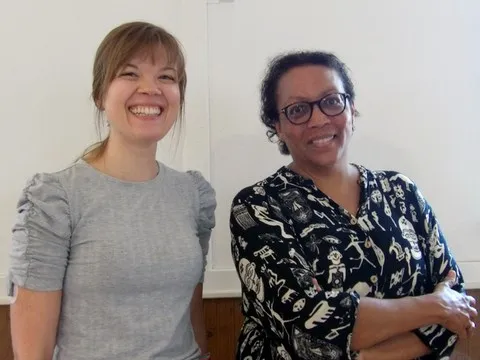Excellence!
Perfection?
When we play music, we strive to play it right. We want correct notes, precise rhythms, and accurate phrases. We want to be perfect! Be careful with perfection. A trap awaits inside perfectionism, ready to snare every musician. See, perfectionism often leads to frustration, because it forces us to focus on mistakes. In his book “Miracle in Music,” our founder Doby explains, “A student would play an exercise correctly except for one note, and the idea that the effort was 99% excellent escaped them. The focus was on the mistake. If there was a characteristic which guaranteed a student’s failure, it was perfectionism. Those students who could not abide a mistake–let it go and try again–those who could not accept the fact that mistakes are stepping stones and friends that help them move ahead were the few who chose to leave…” Renowned cellist, Yo-Yo Ma, tells of a time during a concert when he realized he was playing everything perfectly. Yet, he wasn’t enjoying it, he was bored, and the music sounded robotic. His performance lacked something greater than perfection. What’s more significant than perfection? Excellence! Excellence is giving your very best effort every time, so that skill, artistry, and technique become habit, something we naturally do instead of a one-off action. We become what we repeatedly do, says Aristotle. Excellence in musical performance means we’re saying something to our audience using a language that speaks directly to the spirit, sharing a part of ourselves with fellow musicians, and synergizing to something greater. “Perfection is not very communicative if we are only worried about not making a mistake,” says Yo-Yo Ma. “We will communicate nothing. We will have missed the point of making music, which is to make people feel something … we have a greater purpose … we’re communing together, and we want this moment to be really special for all of us. Because otherwise, why bother to have come at all? It’s not about proving anything. It’s about sharing something.” At NHME, we strive for excellence, not perfectionism, in all we do both as teachers and as learners. Perfection is unrealistic and sure only to disappoint. Excellence can be learned. It is, therefore, not a virtue or something born innately like talent. Excellence becomes our habit, one we nurture and develop.

